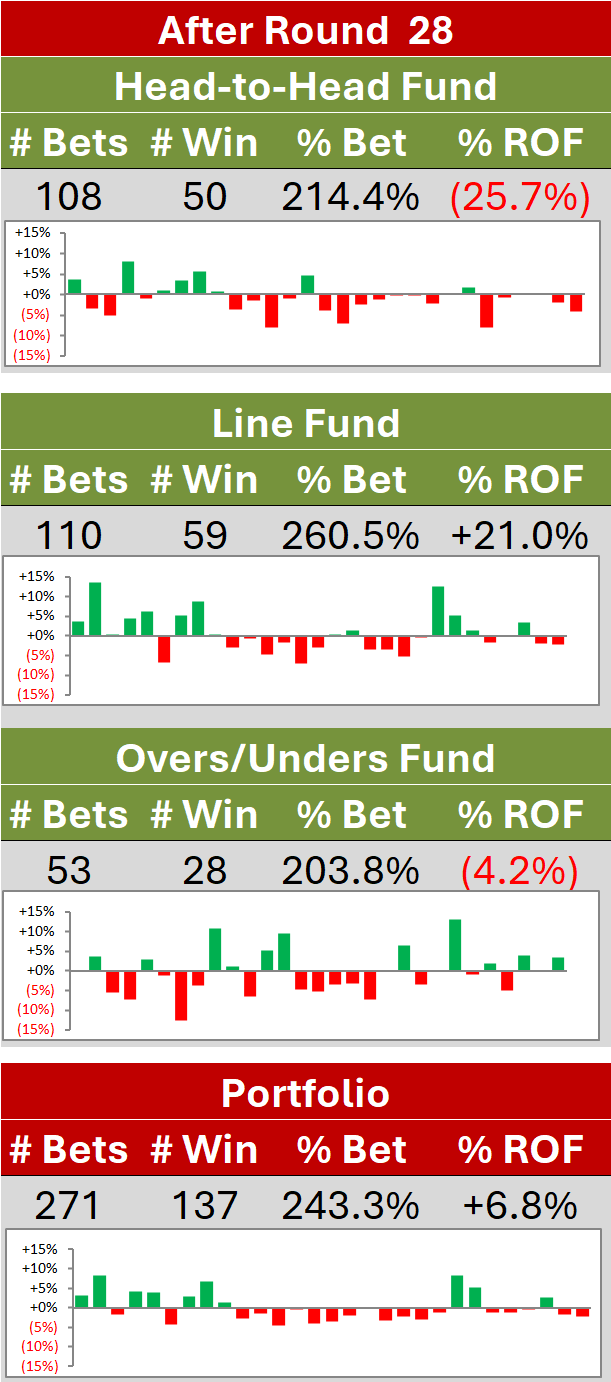Fitting Team Winning Percentages: Alternatives to Pythagorean Expectation
/I've addressed the topic of fitting a team's winning rate as a function of its scoring behaviour before on MoS, in discussions about Win Production Functions generally and in posts about Pythagorean Expectation specifically.
Read More
